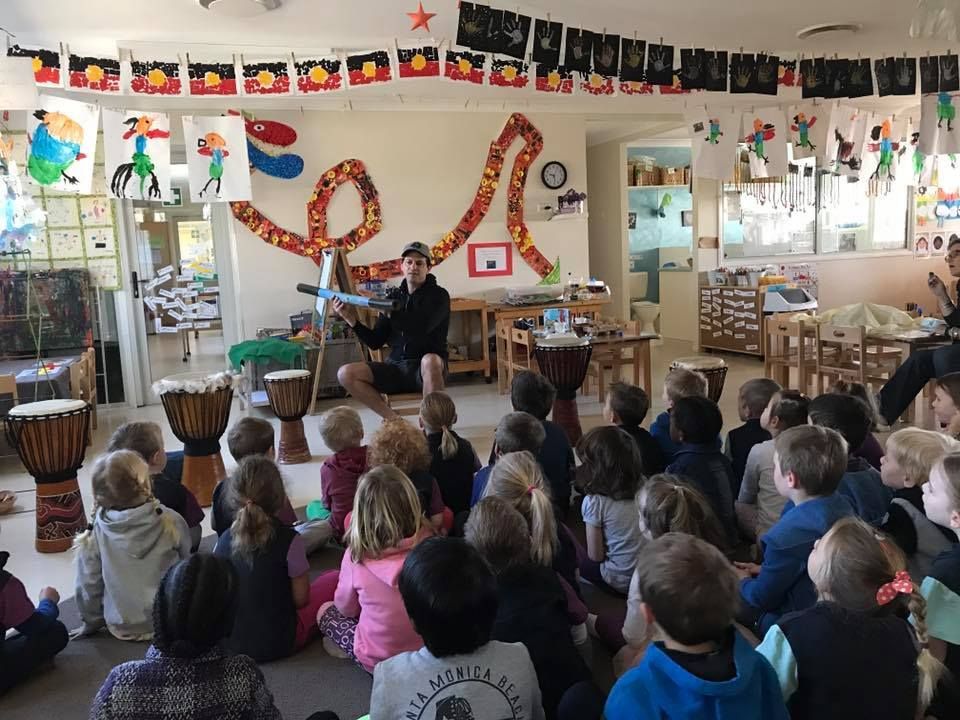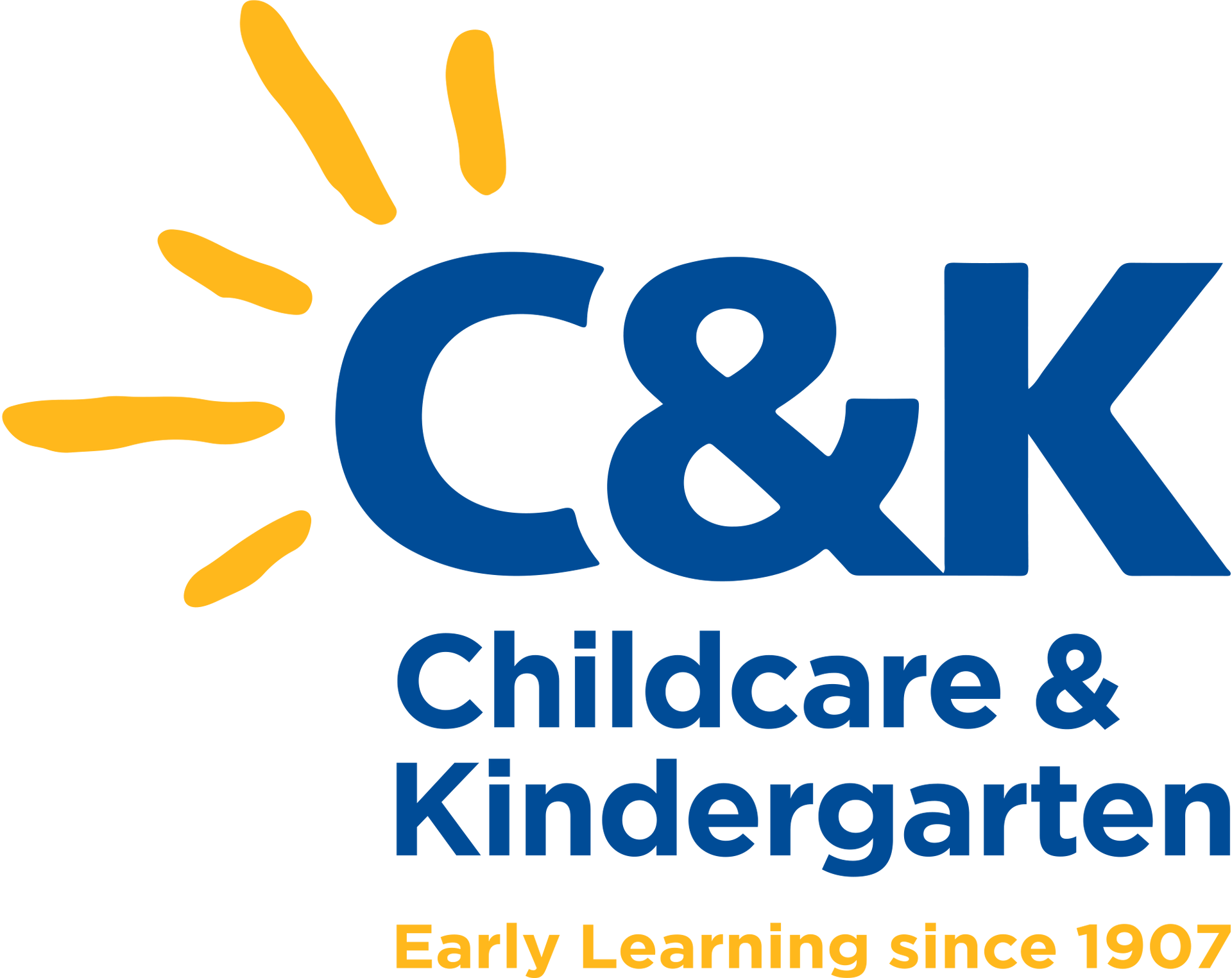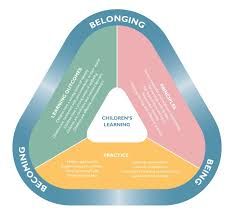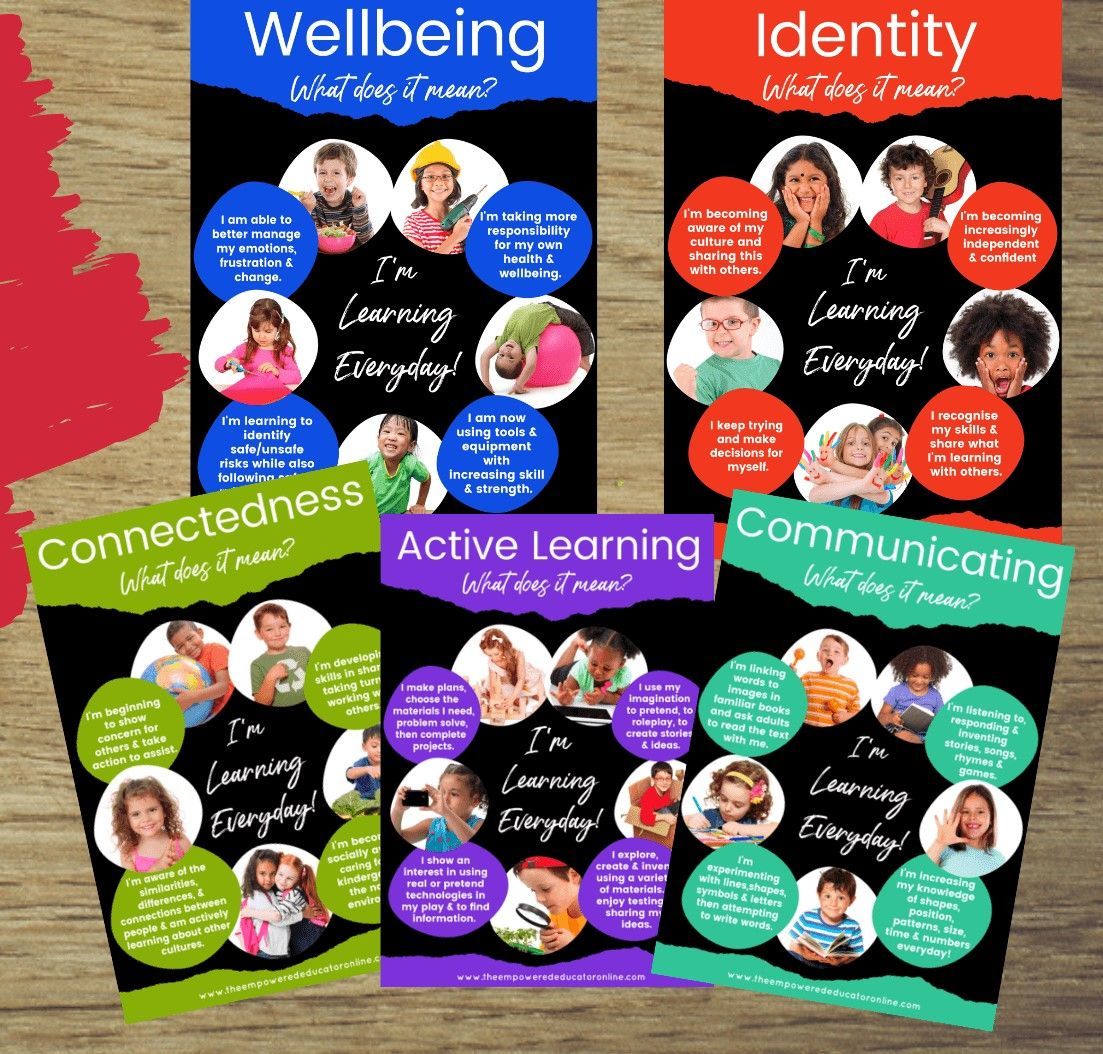CURRICULUM & PHILOSOPHY
CURRICULUM & PHILOSOPHY
Curriculum
Educators at Little Miracles are committed to the use of a nationally approved learning framework (Queensland Kindergarten Learning Guidelines). This framework informs the development of a curriculum which enhances each child’s holistic learning and development in relation to their identity, connectedness, wellbeing, active learning and communication.
The curriculum is delivered through a play-based program where individual children’s knowledge, ideas, abilities, culture, and interests provide the foundation for learning. Educators are focussed, active and reflective in delivering an inclusive program which ensures that each child is supported to participate and is progressing toward curriculum outcomes. Critical reflection and assessments of individual children’s learning and group learning is regularly shared with families through Storypark, parent interviews and the Collaborative Teaching and Learning Journal.
Philosophy
At Little Miracles we also believe in the importance of early learning in preparing your children for school. We aim to provide a learning environment which will enable your child to develop the knowledge and skills necessary for a successful transition to school. Little Miracles is the ‘first step’ in your child’s education.

Little Miracles Community Kindergarten uses the QLD Kindergarten Learning Framework in conjunction with Early Years Learning Framework.
The QKLG supports kindergarten teachers’ professional practice in a range of contexts across Queensland. It adopts the vision of the Early Years Learning Framework (EYLF) that ‘all children experience learning that is engaging and builds success for life’.
The QKLG provides specificity for children’s learning across the year before starting school, recognising that children bring with them diverse identities and backgrounds. It acknowledges that parents/carers are children’s first teachers and values the vital role families play in children’s lives and their ongoing learning.
The term ‘families’ is used throughout the guideline to recognise the range of people who take on parenting roles. The QKLG provides a framework aligned to the EYLF and is designed to support teachers to plan and implement quality teaching and learning.
Alignment between EYLF and QKLG
The QKLG describes a set of five learning and development areas that align to the five broad learning outcomes identified in the EYLF –
- Children have a strong sense of identity
- Children are connected with and contribute to their world
- Children have a strong sense of wellbeing
- Children are confident and involved learners
- Children are effective communicators
The QKLG reflects the view that learning occurs as part of, and is shaped by, the social and cultural interactions between children, teachers, colleagues, families, community members and professional partners. It adopts a holistic perspective on teaching and learning that:
- promotes social, emotional, physical and cognitive development and wellbeing
- views children as diverse learners, who are competent and creative meaning-makers
- encourages children to investigate and explore materials and ideas through play and purposeful interactions.



Location
1-3 Goodwood Street,
Toowoomba, QLD 4350
little.miracles@bigpond.com
Call
07 4633 7922
2023 Program Options
Kindy groups
5 day fortnights
Monday, Tuesday every second Wednesday
Thursday, Friday every second Wednesday
Kindy News
Office Hours
8:15am to 3:00pm
Tuesday, Wednesday and Thursday
Please visit during these hours or make an appointment.
All Rights Reserved | Little Miracles Kindy | Website by Smartprint Group
